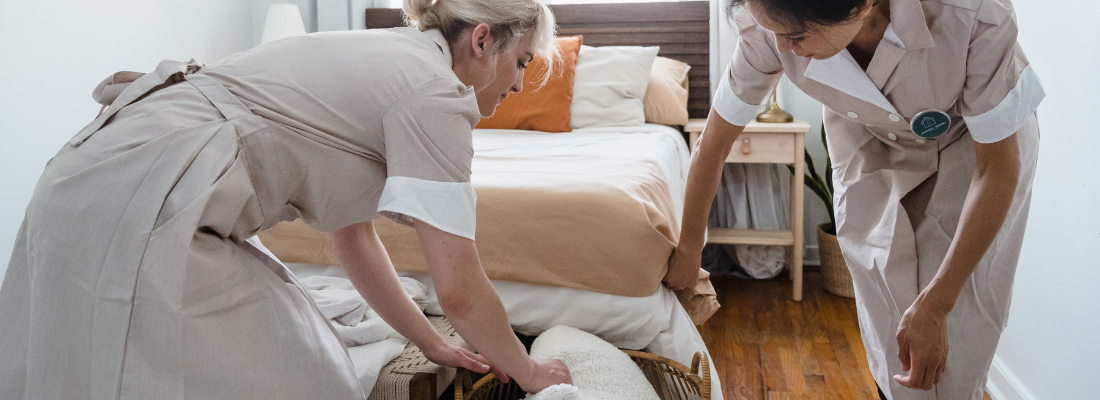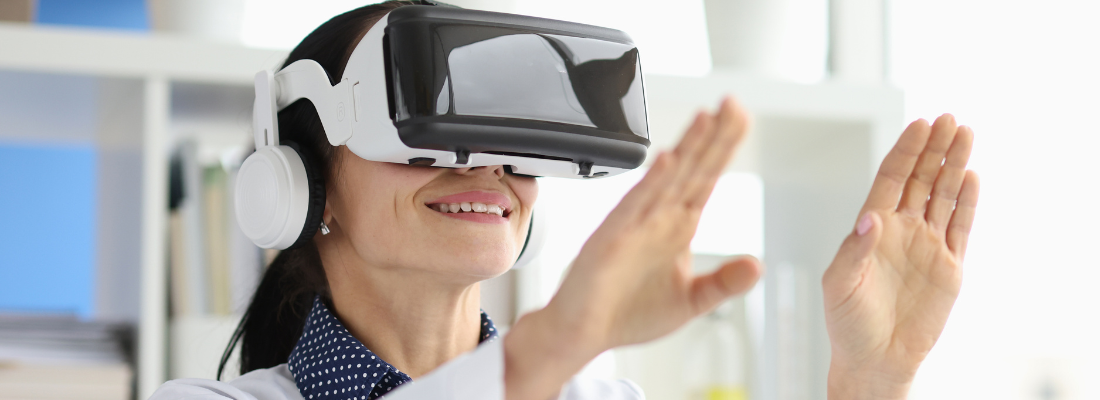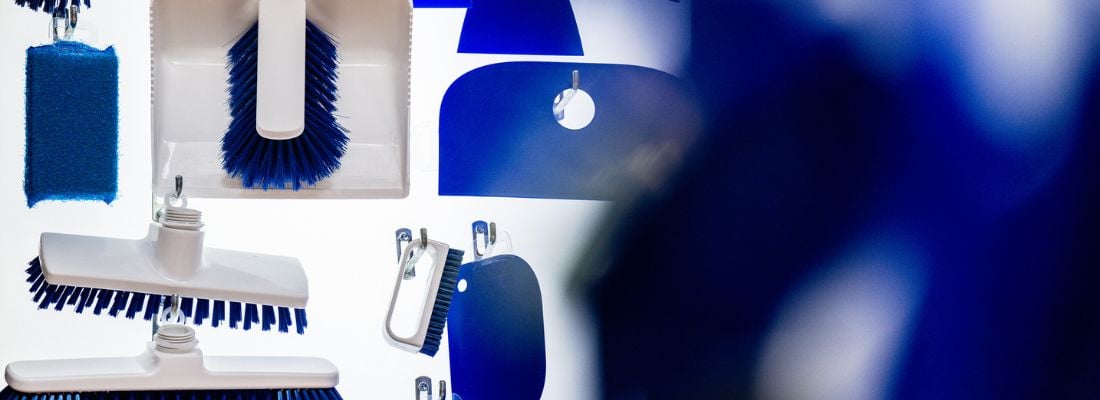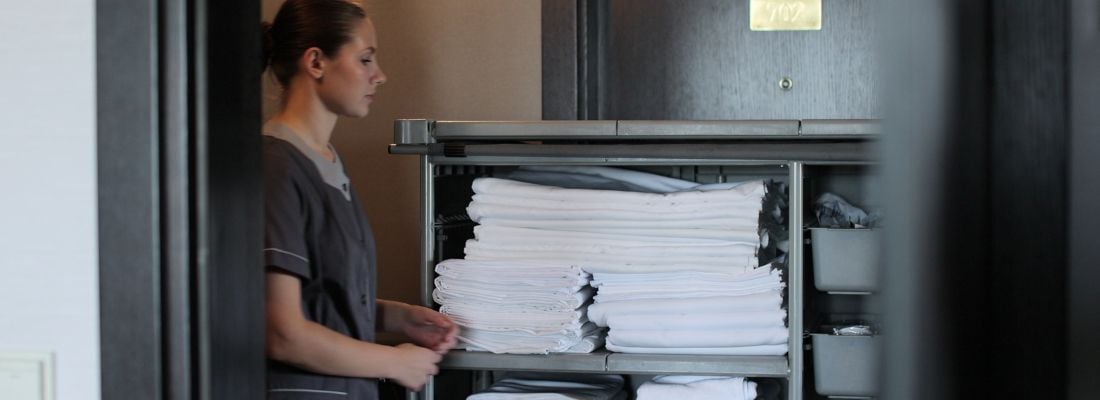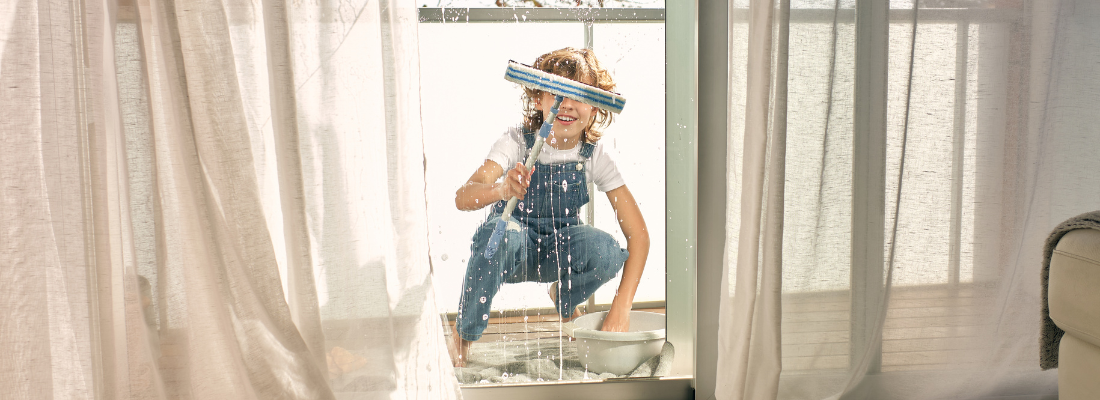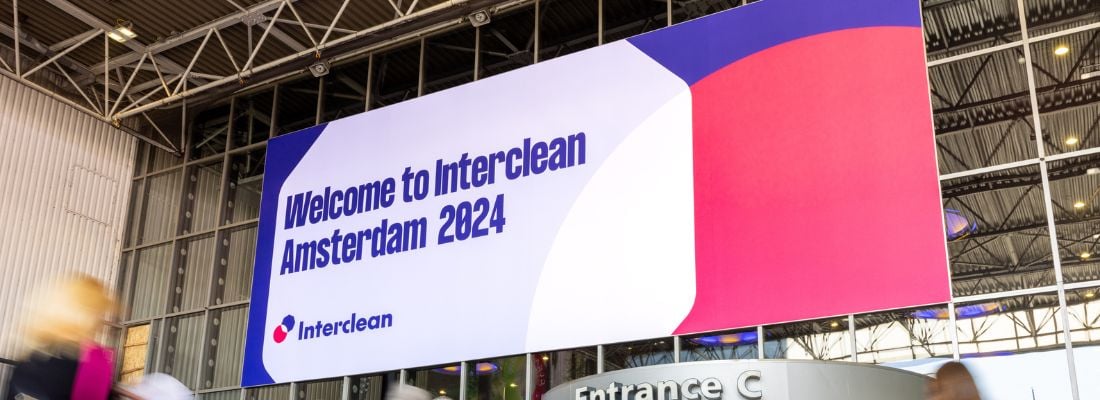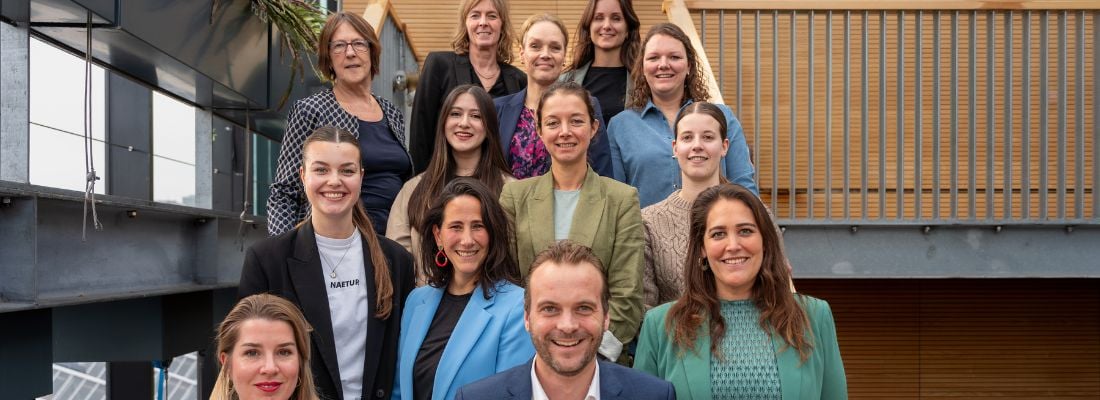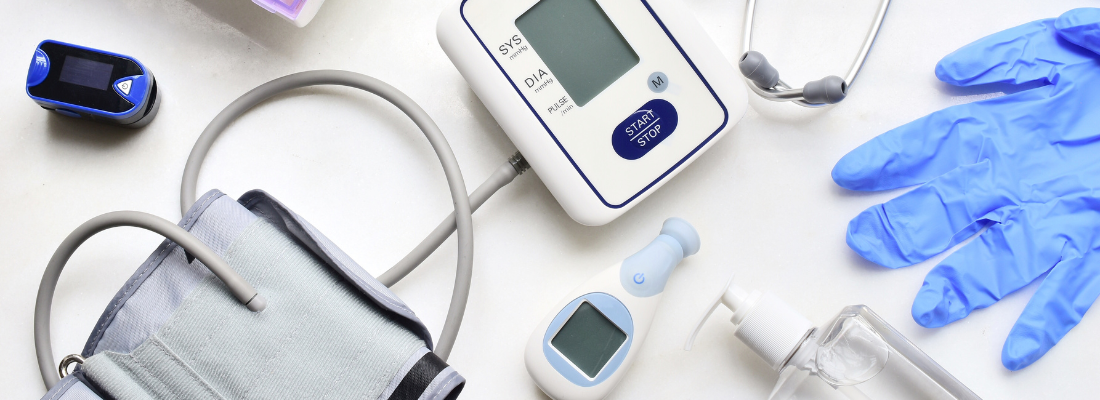Loading component...
AI-Powered Housekeeping: Innovations & 5 Real-Life Examples
The hospitality industry is under increased pressure to maintain high standards of cleanliness and hygiene, as guests continue to prioritise their health and safety. Hotels are exploring innovative solutions to meet these expectations. Artificial Intelligence (AI) technologies have emerged as game-changers, enhancing cleanliness protocols and improving housekeeping efficiency.
According to a Hospitality Tech survey, these hotels experienced a 30% reduction in time spent on scheduling and task allocation. Additionally, guest satisfaction scores rose by 15%, likely due to AI's ability to personalise services, streamline processes and optimise operations.
In this blog we’ll discover some exciting real-life examples of AI in action to boost housekeeping in the international hotel sector.
The advantages of using AI tech in the hospitality industry
In today’s competitive hospitality industry, staying ahead of the curve is crucial! AI tech can boost cleanliness, efficiency and guest satisfaction. Let’s find out how some of the top international hotels are achieving this.
Improved cleanliness
The Hilton Tokyo Bay introduced an AI system that predicts when room amenities need restocking and appliances require maintenance. By analysing usage patterns and historical data, the system can forecast future needs with remarkable accuracy compared to traditional methods. This proactive approach reduces downtime and enhances guest satisfaction.
Wyndham Hotels & Resorts uses AI to monitor and manage cleanliness standards across its properties. AI systems track cleaning activities and ensure compliance with hygiene protocols, helping maintain a consistently high standard of cleanliness.
Operational efficiency
The Ritz-Carlton in San Francisco implemented an AI system to streamline room cleaning schedules. The system considers various factors: guest check-out times, priority rooms, and even staff work patterns, resulting in a 20% increase in housekeeping efficiency.
Intercontinental Hotels Group (IHG) implemented AI-driven systems to optimise housekeeping schedules and tasks. These systems analyse data to predict peak times for cleaning and allocate resources accordingly, ensuring rooms are cleaned promptly and thoroughly.
Automated systems reduce the need for manual labour, allowing housekeeping staff to focus on more personalised guest services. Additionally, AI can help hotels identify and address areas of high foot traffic or contamination for targeted cleaning efforts.
Personalising guest experience
The Peninsula Hotels uses an AI system to analyse guest preferences from previous stays, allowing them to personalise the room even before the guest arrives. From adjusting the room temperature to pre-stocking favourite snacks, the system ensures each guest feels uniquely valued – leading to an impressive increase in guest loyalty and repeat visits.
Sustainability
The Parkroyal Collection hotels in Singapore have implemented various innovative measures to reduce their environmental impact. One notable initiative is the use of AI-powered systems to optimise cleaning and maintenance schedules and resource usage, ensuring water and cleaning agents are used efficiently.
The Radisson Hotel Group also uses AI and other technologies to efficiently monitor and manage water and chemical usage, leading to significant reductions in waste and resource consumption.
5 Examples of AI-powered housekeeping cleaning tech in Hospitality
1. Smart sensors
Marriott International has been implementing advanced technologies to enhance room cleanliness and overall guest experience as part of their Global Cleanliness Council initiative:
- Electrostatic sprayers with hospital-grade disinfectants to sanitise surfaces throughout the hotel.
- Smart sensors that monitor room and public area conditions such as air quality and ensure optimal cleanliness and hygiene.
- Voice-activated controls in smart hotel rooms, allowing guests to manage room settings like lighting and temperature.
This data-led proactive approach ensures cleanliness standards and housekeeping schedules are optimised without the need for constant manual inspections.
2. Robotic cleaners
Autonomous cleaning robots can perform essential housekeeping tasks such as vacuuming, mopping, scrubbing and disinfecting surfaces.
Hilton Hotels have deployed AI-powered vacuum robots to enhance their cleaning efficiency. These robots, like the ones developed by Tailos and Gausium, are designed to autonomously navigate hotel corridors, guest rooms, and other areas, ensuring consistent and high-quality cleaning.
These robots use advanced AI technology and algorithms to operate with minimal human intervention, which helps address labour shortages and allows hotel staff to focus on more value-added tasks.
3. AI-powered scheduling
Accor Hotels is leveraging AI to streamline housekeeping schedules and improve overall operational efficiency, leading to quicker turnarounds and improved guest experiences. By using AI, Accor can automate and optimise various aspects of housekeeping, such as scheduling, allocation of resources and task management. This helps ensure that rooms are cleaned in the most efficient order and by the right staff members, taking into account factors like guest check-in/check-out times and room occupancy.
Additionally, Accor has established an AI and Smart Automation Centre of Excellence to further enhance both guest experiences and operational efficiencies. This centre focuses on integrating AI-driven solutions across their properties, including the use of delivery robots and a single cloud-based Property Management System (PMS) to streamline operations.
4. Internet of Things (IoT) integration
The InterContinental Hotels Group have also implemented IoT sensors to monitor energy consumption and optimise lighting, heating, and cooling in their properties. Additionally, hoteliers around the world have introduced IoT-connected bedbug monitoring sensors for continuous observation and early detection.
AI can be integrated with IoT devices to create a connected cleaning ecosystem. This allows for seamless real-time monitoring of cleaning tasks and supplies, identification of maintenance issues, and remote management of cleaning operations.
5. Impact on Guest Reviews
Aloft Hotels introduced a robot butler service called Botlr. These robots deliver items like towels and toiletries to guest rooms and can also handle housekeeping requests. This innovation not only improves efficiency but also enhances the guest experience.
The implementation of AI technologies has a direct correlation with guest satisfaction. A survey by a leading hospitality research firm revealed that hotels employing AI-driven housekeeping and cleanliness protocols saw a 20% increase in positive guest reviews compared to those that did not.
Global Perspectives
The adoption of AI-powered cleaning solutions in the hospitality sector is a global phenomenon. Countries such as China, Japan and the United States are at the forefront of this trend, with many hotels implementing AI-enabled technologies to improve their housekeeping operations. Be sure to read our recent blog about the latest exciting AI innovations from Asia HERE.
Conclusion
By leveraging AI-powered technologies, hotels can improve guest satisfaction, enhance housekeeping operational efficiency, and reduce their environmental impact. Hotels that are embracing this new wave are achieving improved reviews and repeat business. As AI continues to evolve, we can expect to see even more innovative solutions that will further transform the hospitality industry.
Interclean is proud to be on the forefront of these AI advances in the hotel sector! REGISTER now for Interclean Shanghai 2024 to see these innovations in action!
